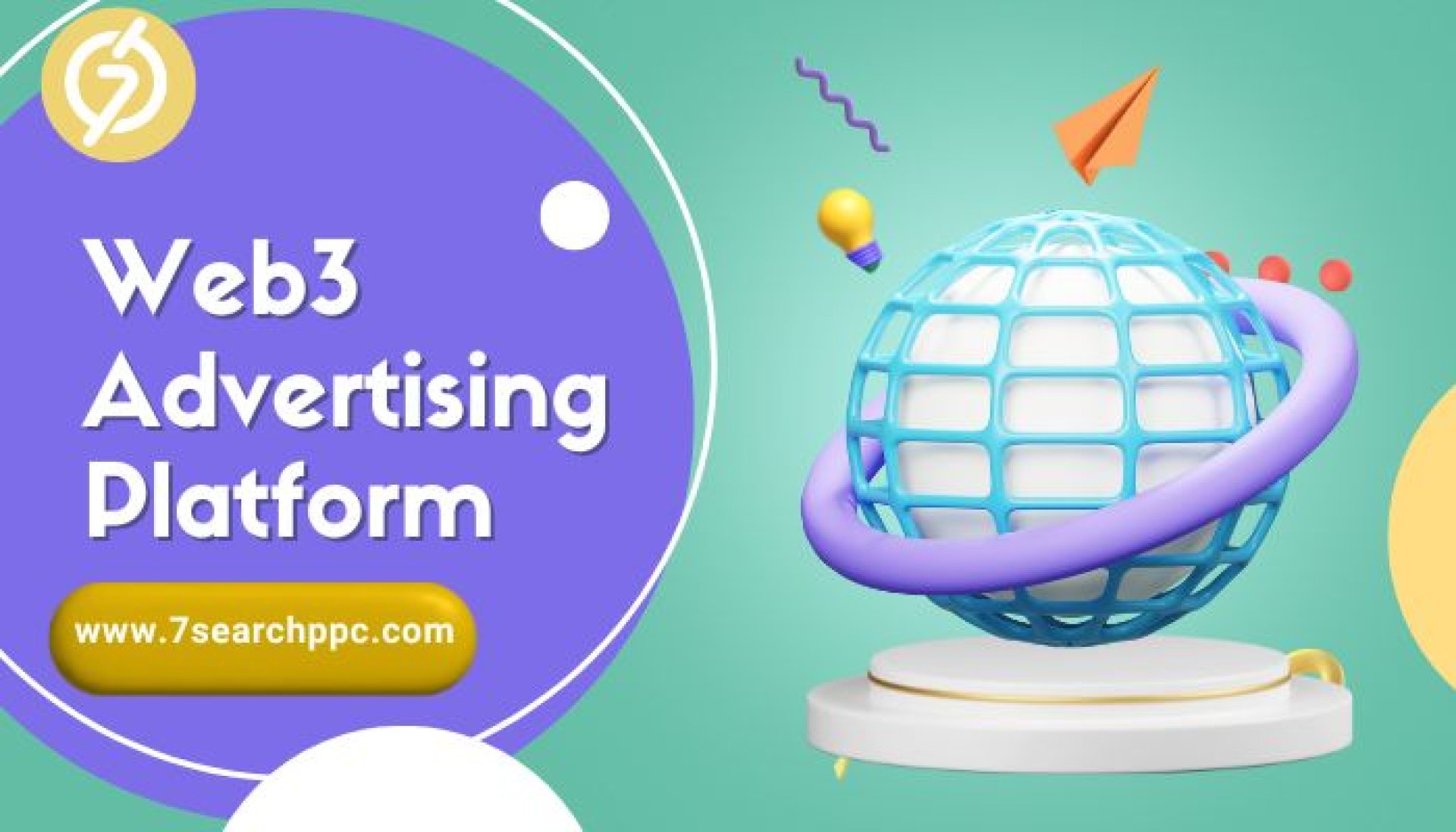Why Brands Prefer a Web3 Ad Platform Over Traditional Ads

The way brands connect with people has changed a lot in the last few years. What worked in traditional advertising like TV, billboards, or even banner ads is no longer enough to keep audiences engaged. Today, many companies are exploring a Web3 Advertising Platform as a better alternative. This shift is not hype. It is a practical response to what customers want now. Let us look at why brands are making this move and what it means for the future of marketing.
The shift from old models to smarter engagement
Traditional advertising often relied on pushing messages out to as many people as possible and hoping that a portion would respond. While this approach worked in the pre digital age, consumers today expect more control, transparency, and personalization. A Web3 Advertising Platform helps brands meet customers in spaces they already trust like blockchain apps, decentralized networks, and token based communities. For teams that want to stay relevant, this feels like a natural evolution.
Why Web3 marketing feels different
Transparency and fraud reduction
When a campaign runs through a Web3 Ad Network, key actions can be verified on chain. This reduces doubts about fake impressions or click fraud that are common in traditional channels. Brands see where the budget goes and audiences gain confidence that numbers are not inflated.
Audience ownership and consent
In Web3, users often control their own data and choose when to share it. This shifts the power balance in a healthy way. Instead of ads being forced on them, people can opt in and even earn rewards for their attention. Trust grows when the relationship starts with clear consent.
Exploring deeper opportunities with a Web3 Ad Network
Web3 is not only about visibility. It is about engagement that gives value back to the audience. Imagine a crypto brand that runs a campaign where viewers earn small token rewards for watching or interacting with content. That is more than advertising. It becomes part of a reward driven ecosystem that encourages repeat engagement and word of mouth.
For brands in gaming, finance, or NFTs, this can connect directly to play to earn strategies. If you want a deeper dive into how this works in practice, you may like this overview on P2E and Web3 marketing.
The role of a Web3 Marketing Platform in brand growth
From ad placements to community touchpoints
A Web3 Marketing Platform does more than place ads. It gives tools to measure performance clearly, reach crypto native audiences, and test formats that feel interactive rather than disruptive. Instead of static creatives that people scroll past, brands can try community quests, gated content, and token gated perks that make audiences feel included.
Better alignment between spend and impact
Many teams complain that old display budgets leak through bots, poor targeting, and unclear analytics. Web3 helps close that gap. Proof based reporting and incentive aligned audiences bring spend closer to real outcomes like wallet actions, signups, or in app milestones.
How a Crypto Marketing Network fits in
A Crypto Marketing Network helps brands access places where crypto users already spend time such as trading platforms, NFT marketplaces, and decentralized apps. These are engaged environments where traditional placements often struggle. Placing campaigns here lets brands enter the culture rather than interrupt it. If you want to see what such a network looks like in action, explore this Crypto Marketing Network.
Pain points that Web3 solutions can solve
Less waste and clearer measurement
Marketers know the frustration of wasted budgets. Between bots, ad blockers, and fuzzy attribution, traditional channels can leave more questions than answers. With a Web3 Advertising Platform, fraud is reduced, reach is more authentic, and return on ad spend is easier to measure against real actions.
Stronger loyalty through incentives
Old methods rely on repetition to build memory. Web3 adds lasting reasons to stay. Brands can reward attention, access, or contributions with tokens or badges. Communities feel seen and become more likely to return, refer friends, and co create value.
A calm look at what comes next
This shift is not about replacing traditional ads overnight. It is about adding a smarter layer that respects people and budgets. Just like social media changed how businesses talked to customers, Web3 is adding a new chapter to advertising. Brands that test early will learn faster and spend smarter.
If you want a simple way to try this idea, start small and measure what happens. You can Launch a test campaign to see how a limited budget performs with a Web3 Ad Network before you scale.
Conclusion
Brands prefer a Web3 Advertising Platform over traditional ads because it answers modern challenges with transparency, consent, and community. It brings measurement closer to truth and turns attention into a value exchange. It does not replace every old tactic yet it fills the gaps where legacy channels struggle. The brands that will gain the most are those that learn by doing and keep their focus on useful engagement and honest reporting.


